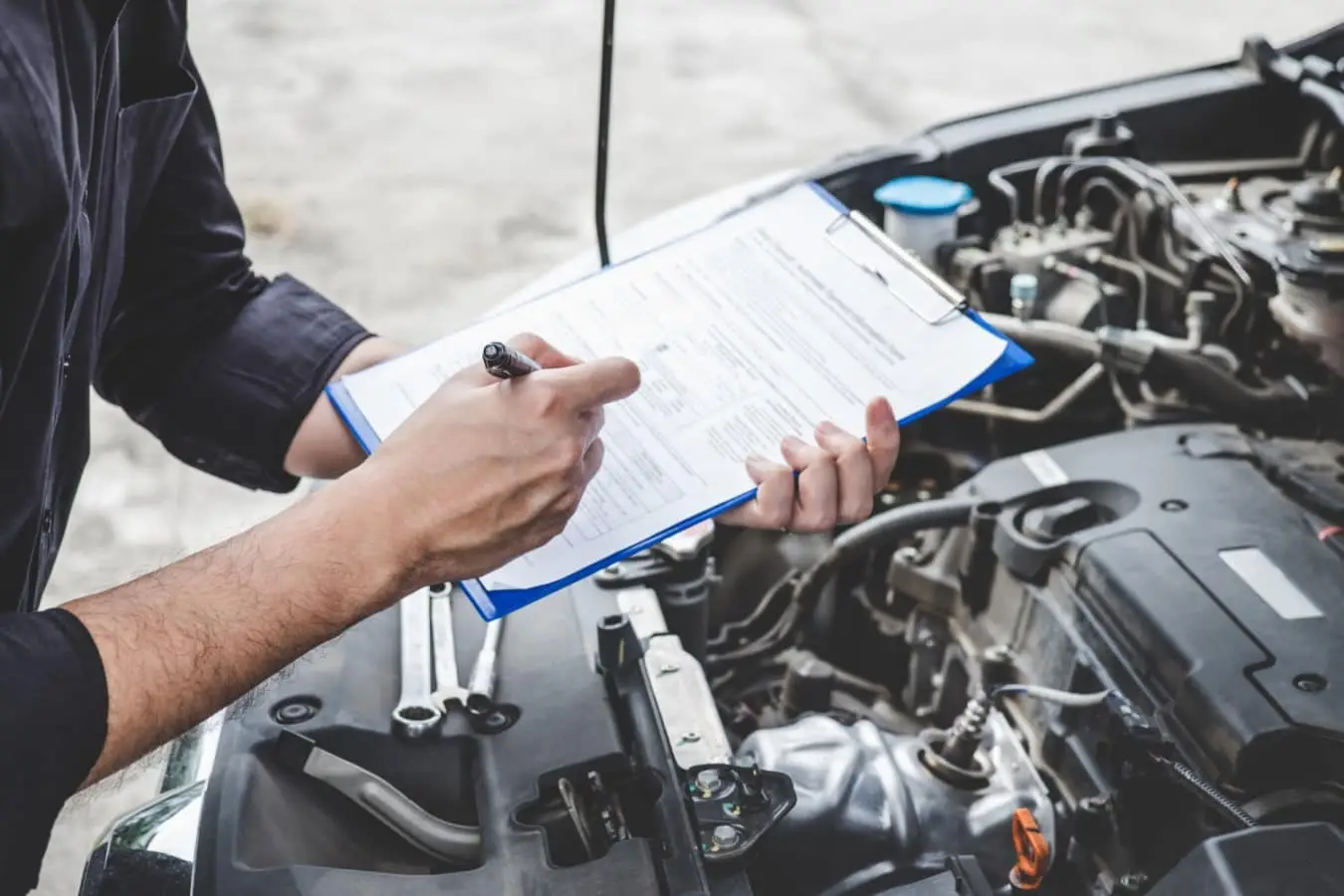Owning a high mileage car can be a source of pride and a testament to your commitment to vehicle maintenance. However, as your car accumulates miles, it requires extra care and attention to ensure it continues to run smoothly and reliably.
High-mileage cars often have unique maintenance needs due to the wear and tear that comes with extensive use. Proper maintenance not only extends the life of your vehicle but also helps prevent costly repairs and ensures a safe driving experience.
In this guide, we’ll explore ten essential maintenance tips for high mileage cars. These tips are designed to address the specific needs of vehicles with high mileage and help you keep your car in top condition.
From regular oil changes to keeping an eye on critical components, these maintenance practices can make a significant difference in the longevity and performance of your car. By following these tips, you can enjoy many more miles of trouble free driving and get the most out of your high mileage vehicle. Let’s look into each maintenance tip and learn how to keep your car running smoothly.
1. Regular Oil Changes
Regular oil changes are essential for maintaining the health and longevity of your high-mileage car. As your engine accumulates miles, the oil can become contaminated with dirt, debris, and metal particles, which reduces its effectiveness in lubricating and protecting the engine components.
High-mileage vehicles especially benefit from using high-quality, high-mileage motor oil specifically designed for older engines. These oils contain additives that help reduce oil consumption, minimize leaks, and condition engine seals.
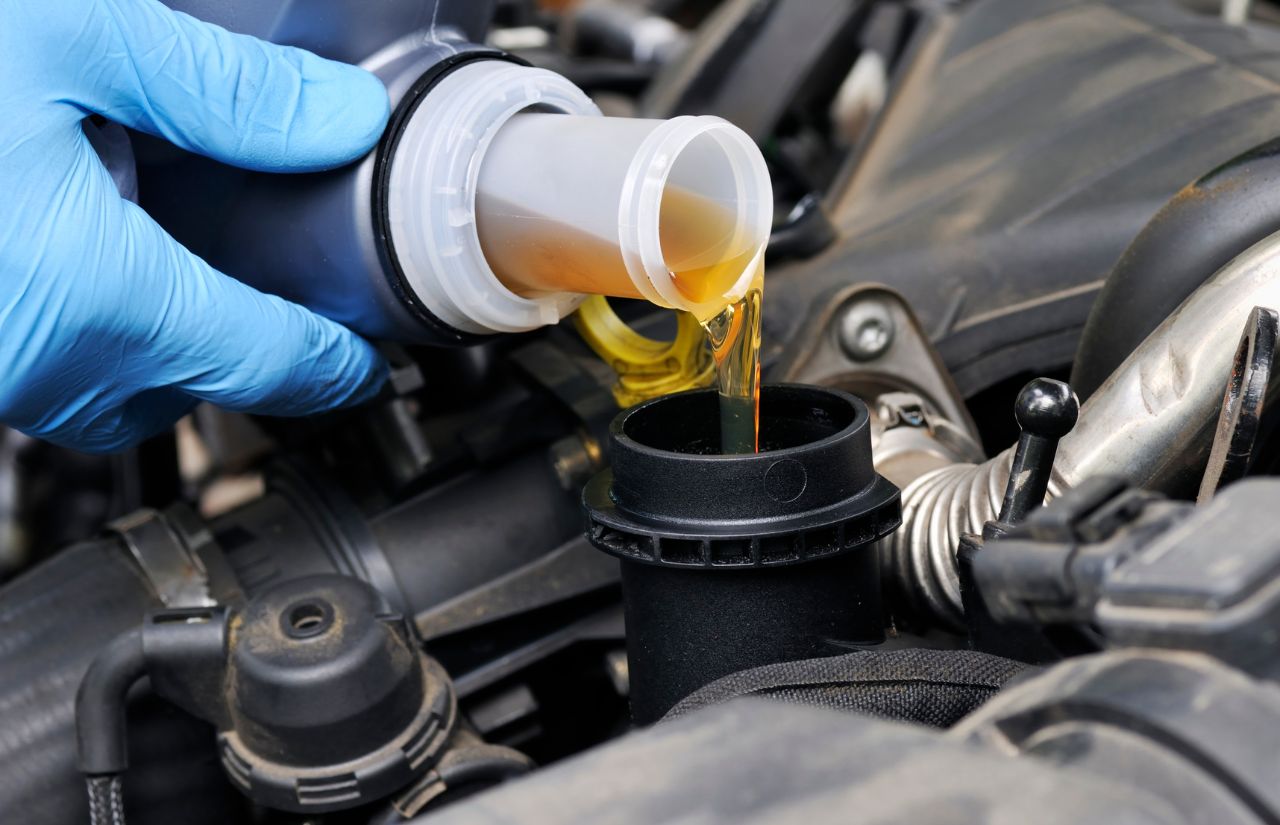
For high-mileage cars, it’s crucial to follow the manufacturer’s recommended oil change intervals, but you may need to change the oil more frequently due to the increased wear and tear on the engine.
Regular oil changes ensure that your engine remains well-lubricated, reducing friction and wear, and preventing costly engine repairs. Neglecting oil changes can lead to sludge buildup, decreased performance, and even engine failure. By staying proactive with oil changes, you can keep your high-mileage car running smoothly and efficiently for many more miles.
2. Monitor Fluid Levels
In addition to regular oil changes, it’s vital to monitor and maintain all fluid levels in your high-mileage car. This includes coolant, transmission fluid, brake fluid, power steering fluid, and windshield washer fluid.
Over time, these fluids can degrade or become contaminated, affecting the performance and reliability of your vehicle. Regularly checking and topping up fluid levels helps prevent issues such as overheating, transmission problems, and brake system failures.
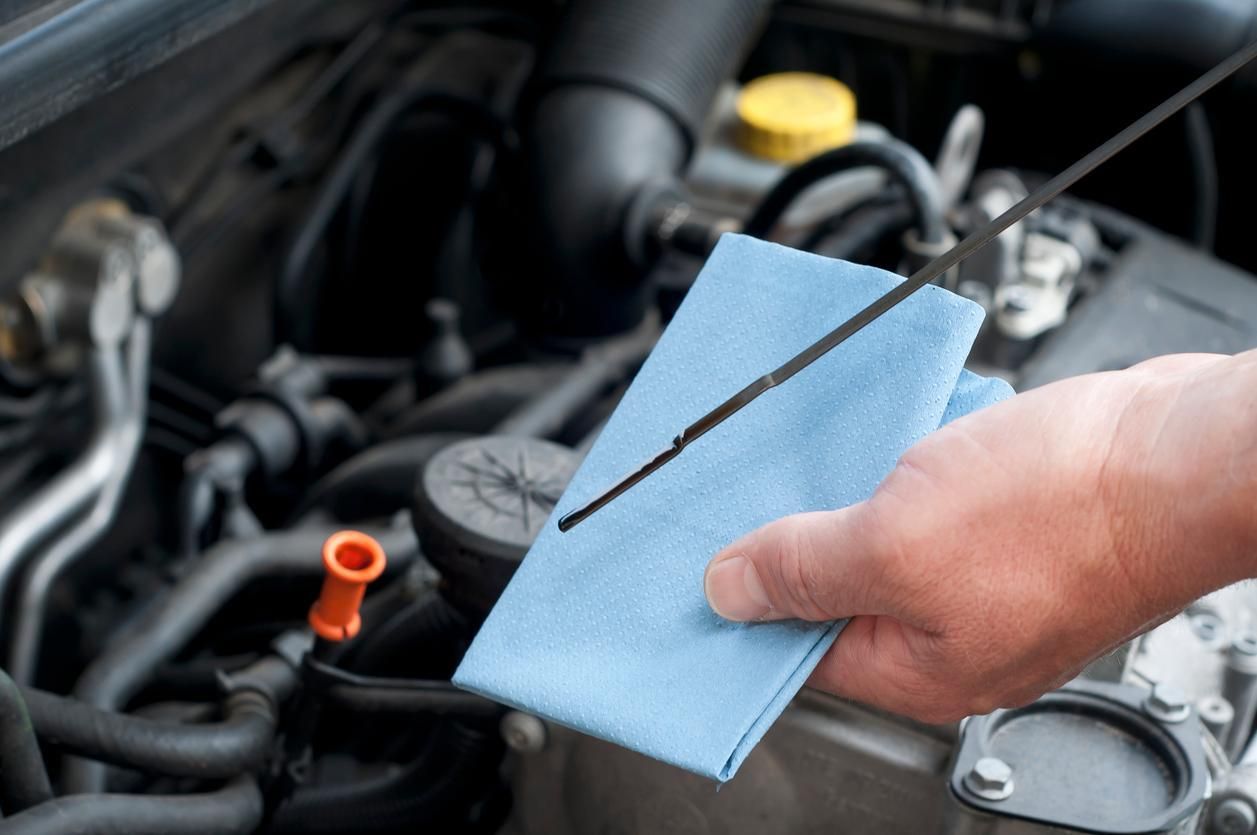
For high-mileage vehicles, it’s essential to follow the manufacturer’s recommendations for fluid replacement intervals, as older cars may require more frequent fluid changes. Keeping your fluids in check ensures that your car’s critical systems continue to function properly and reliably.
Additionally, using high-quality fluids specifically designed for high-mileage vehicles can provide added protection and longevity. By diligently monitoring and maintaining fluid levels, you can prevent costly repairs and ensure a smooth and safe driving experience.
3. Inspect and Replace Filters
Filters play a crucial role in maintaining the performance and longevity of your high-mileage car. Engine air filters, cabin air filters, fuel filters, and oil filters all need to be inspected and replaced regularly.
Clogged or dirty filters can reduce engine performance, decrease fuel efficiency, and affect the health of your vehicle. For high-mileage cars, it’s especially important to check and replace filters more frequently, as older engines tend to produce more contaminants.
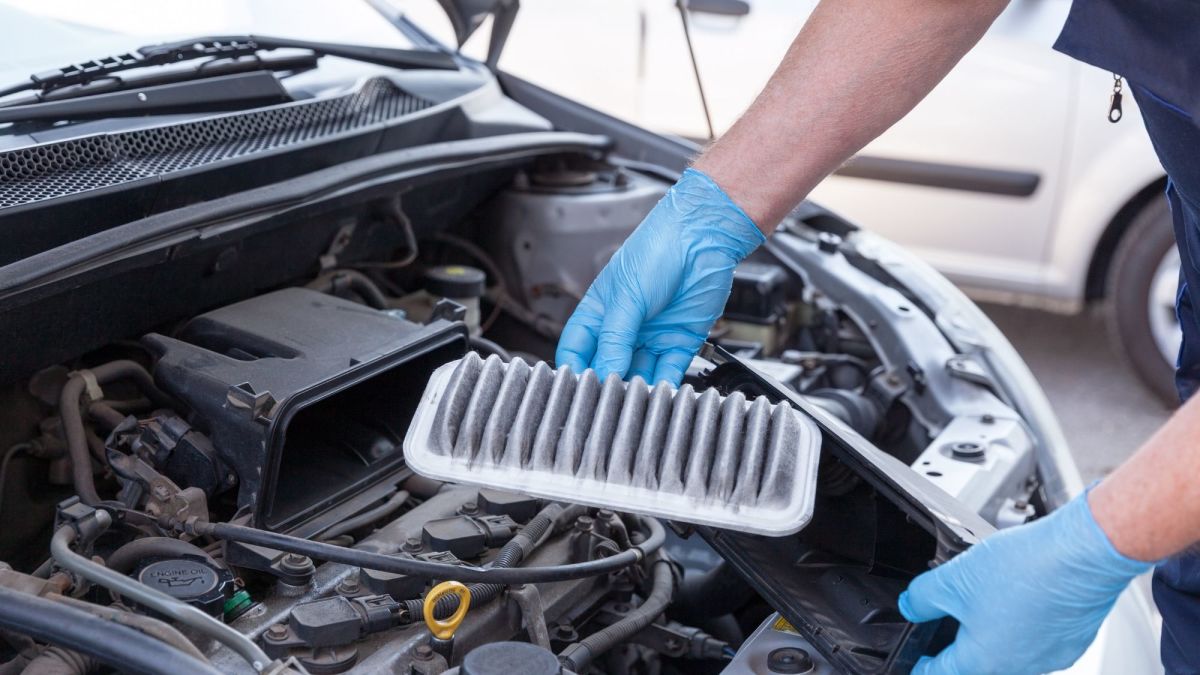
Replacing engine air filters ensures that your engine receives clean air, which is essential for optimal combustion and performance. Clean fuel filters prevent contaminants from reaching the engine, protecting it from damage and ensuring efficient fuel delivery.
Cabin air filters improve the air quality inside the car, providing a healthier environment for passengers. Regular oil filter changes remove impurities from the oil, ensuring that the engine remains well-lubricated and protected. By staying on top of filter maintenance, you can keep your high-mileage car running smoothly and efficiently.
4. Check and Maintain the Cooling System
The cooling system is vital for preventing your high-mileage car from overheating. Over time, components such as the radiator, water pump, thermostat, and hoses can wear out and become less effective.
Regularly inspecting and maintaining the cooling system helps prevent overheating and costly engine damage. Ensure that the coolant is at the proper level and that it is clean and free of contaminants.
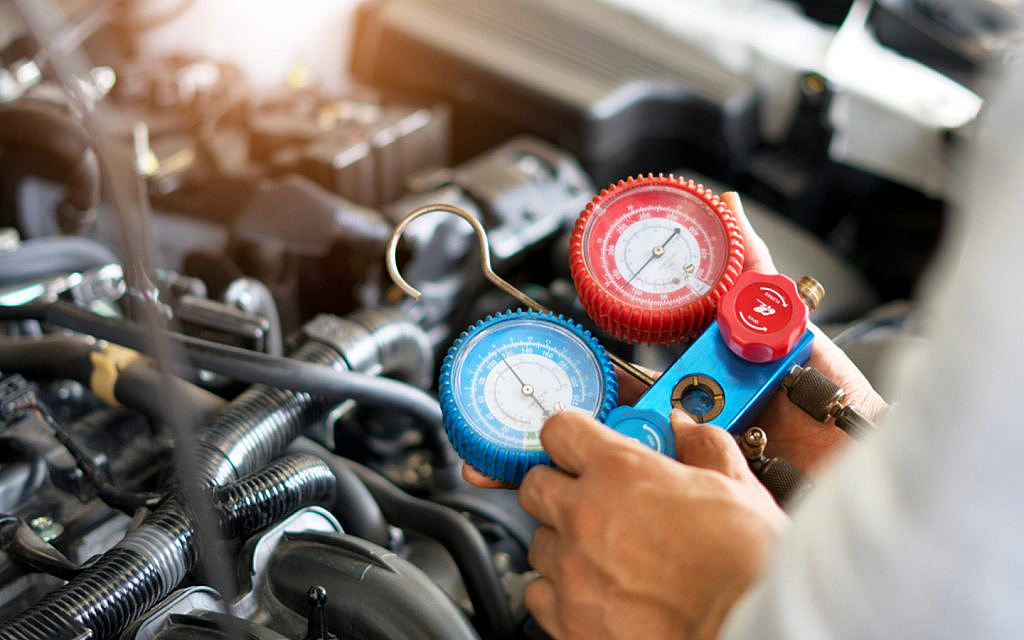
For high-mileage vehicles, it’s essential to flush the cooling system and replace the coolant according to the manufacturer’s recommendations. Inspect the radiator, hoses, and water pump for any signs of leaks, cracks, or damage, and replace them as needed.
Additionally, check the thermostat to ensure it is functioning correctly. A well-maintained cooling system ensures that your engine operates at the optimal temperature, preventing overheating and extending the life of your vehicle. By being proactive with cooling system maintenance, you can avoid costly repairs and keep your high-mileage car running reliably.
5. Maintain the Transmission
The transmission is a critical component of your high-mileage car, and proper maintenance is essential for its longevity. Over time, transmission fluid can degrade and become contaminated, leading to shifting problems and transmission wear.
For high-mileage vehicles, it’s important to regularly check and change the transmission fluid according to the manufacturer’s recommendations. In addition to fluid changes, it’s essential to inspect the transmission for any signs of leaks, damage, or unusual noises. Addressing transmission issues early can prevent more extensive and costly repairs.
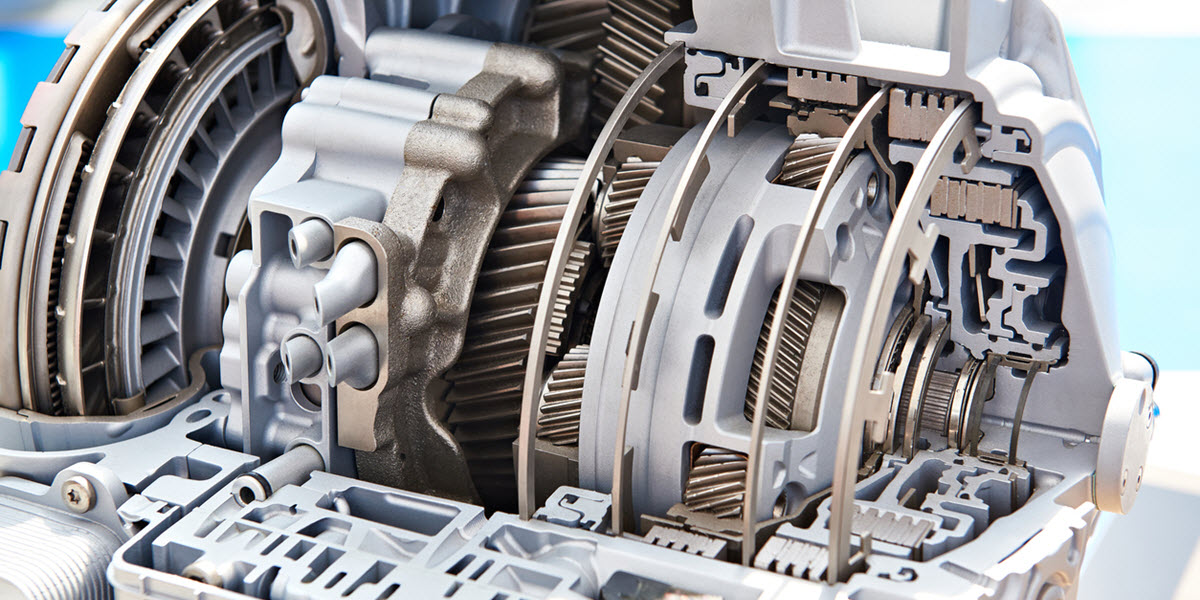
Regular transmission maintenance ensures smooth shifting and prolongs the life of your high-mileage car. If you notice any signs of transmission problems, such as delayed shifting, slipping gears, or strange noises, have your transmission inspected by a professional mechanic. By taking care of your transmission, you can enjoy a reliable and smooth driving experience with your high-mileage vehicle.
6. Inspect and Replace Belts and Hoses
Belts and hoses are essential components of your high-mileage car’s engine and cooling system. Over time, they can become worn, cracked, or brittle, leading to potential failures.
Regularly inspecting and replacing belts and hoses can prevent breakdowns and costly repairs. Check the condition of the serpentine belt, timing belt, and any other accessory belts for signs of wear, cracks, or fraying, and replace them according to the manufacturer’s recommendations.
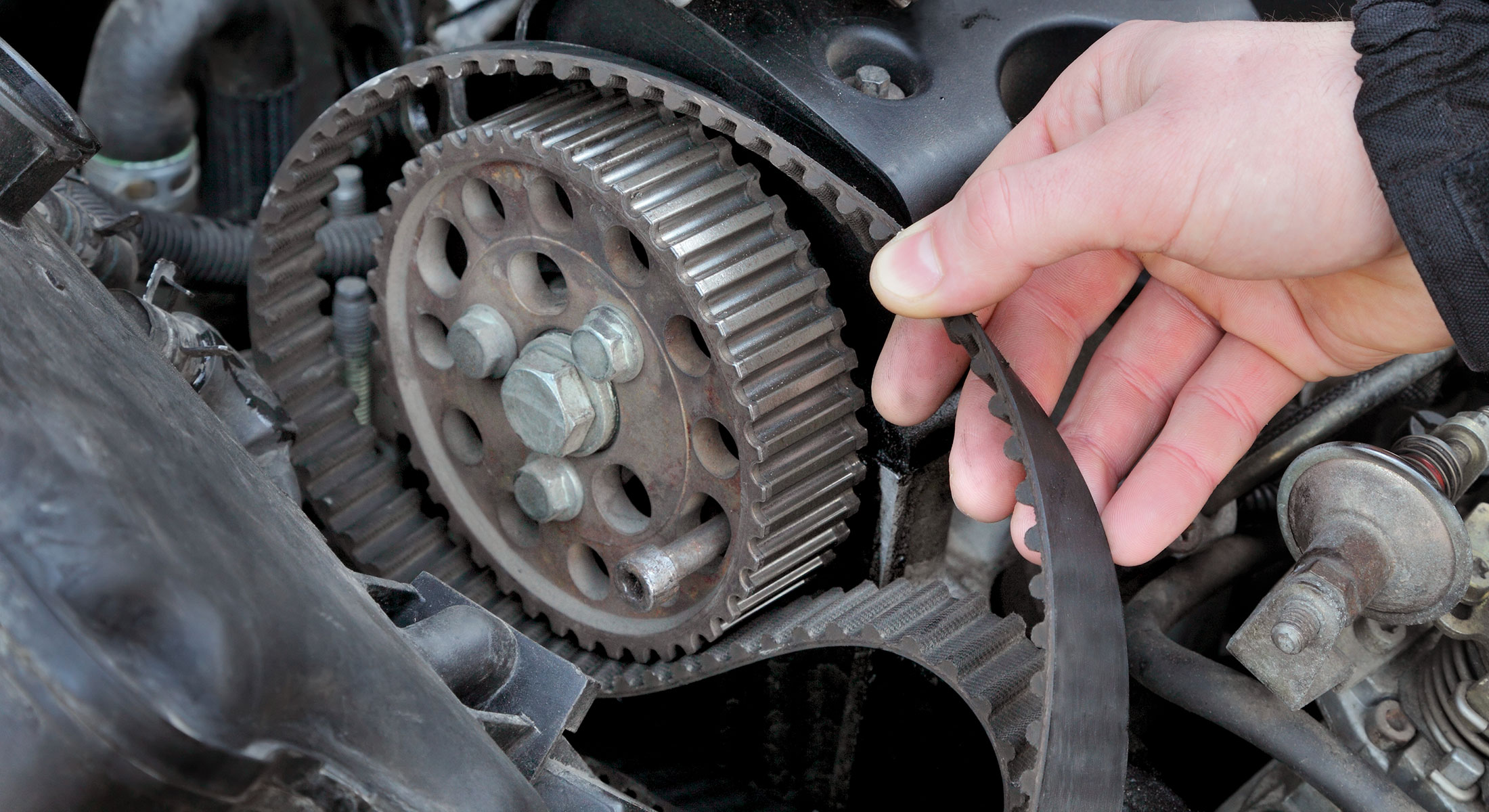
Similarly, inspect all hoses for leaks, cracks, or soft spots, and replace them as needed. Pay special attention to radiator hoses, heater hoses, and other critical components. Proper belt and hose maintenance ensures that your high-mileage car continues to run smoothly and reliably. By addressing worn or damaged belts and hoses promptly, you can prevent unexpected breakdowns and keep your vehicle in top condition.
7. Maintain the Brake System
The brake system is crucial for the safety of your high-mileage car. Regularly inspecting and maintaining the brake components, such as brake pads, rotors, calipers, and brake fluid, is essential for optimal braking performance.
Over time, brake pads can wear down, and brake fluid can become contaminated, affecting the efficiency of your brakes. For high-mileage vehicles, it’s important to check the brake system more frequently and replace worn brake pads and other components as needed.
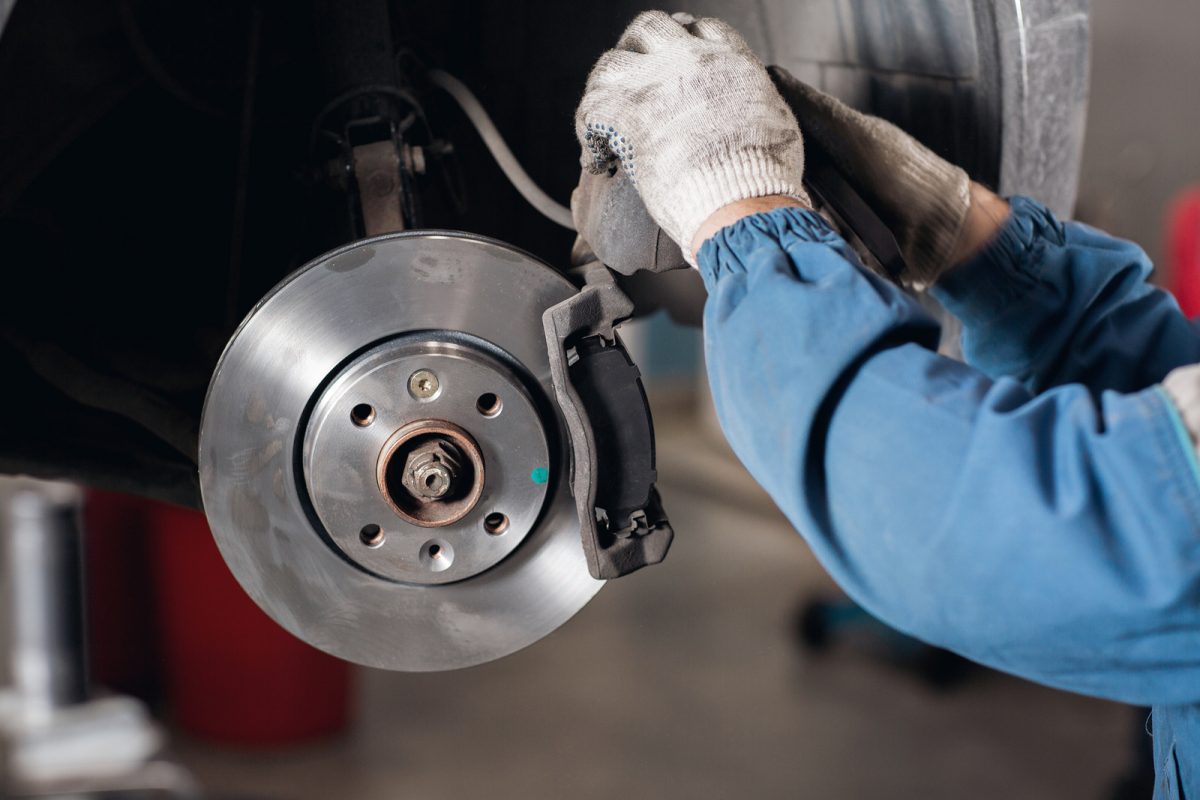
Flushing and replacing the brake fluid according to the manufacturer’s recommendations can also help maintain proper brake function. Ensuring that your brake system is in good condition enhances the safety and reliability of your high-mileage car. If you notice any signs of brake problems, such as squeaking, grinding, or reduced braking performance, have your brakes inspected by a professional mechanic.
8. Inspect and Maintain the Suspension System
The suspension system plays a critical role in providing a smooth and comfortable ride for your high-mileage car. Over time, components such as shocks, struts, bushings, and control arms can wear out, leading to a rough ride and poor handling. Regularly inspecting and maintaining the suspension system helps ensure a comfortable and safe driving experience.
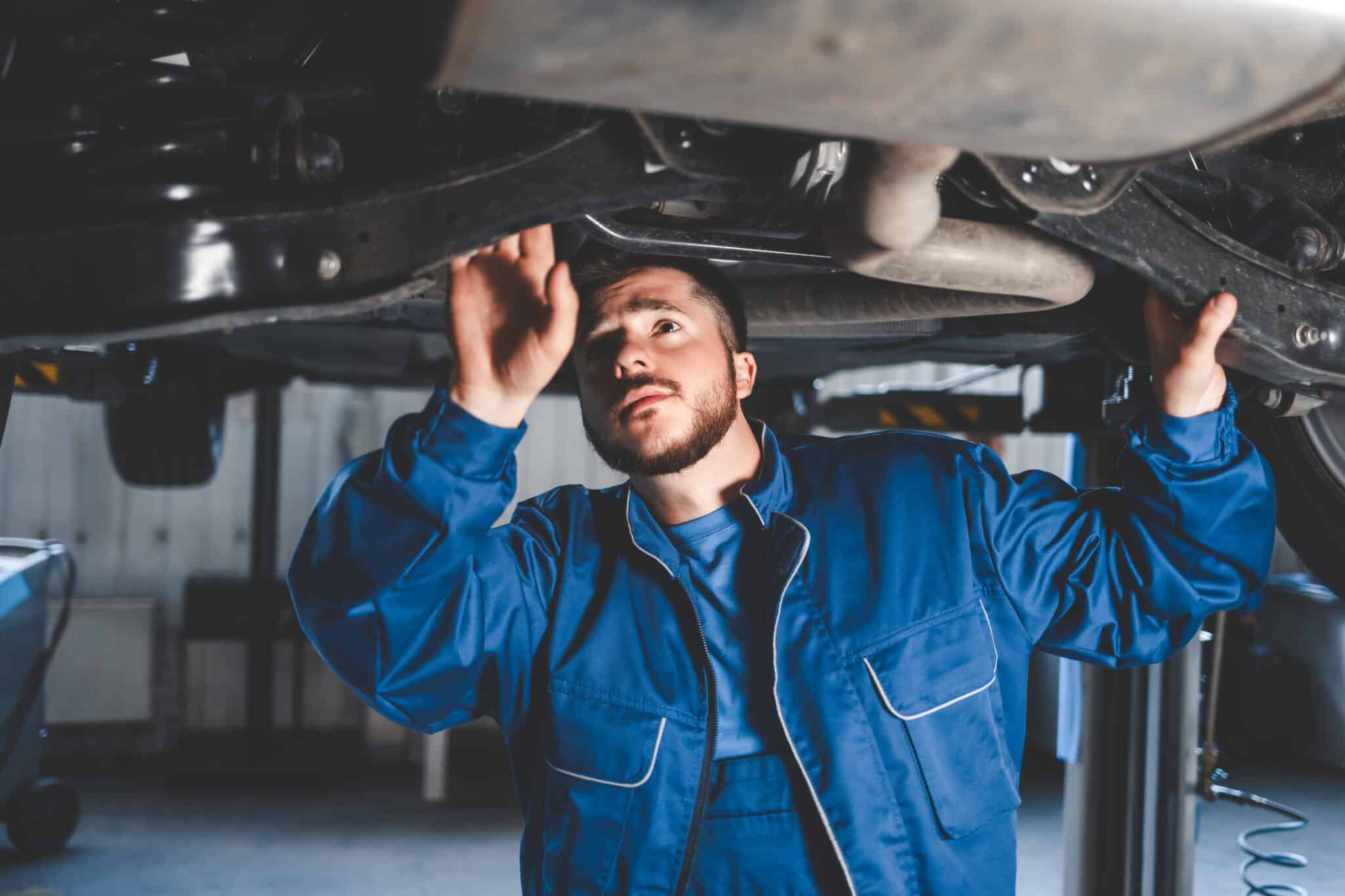
Check the condition of the shocks and struts for any signs of leaks, damage, or reduced performance, and replace them if necessary. Inspect the bushings and control arms for wear and replace them as needed.
Proper suspension maintenance helps improve ride quality and handling, ensuring that your high-mileage car remains a pleasure to drive. If you notice any signs of suspension problems, such as excessive bouncing, uneven tire wear, or poor handling, have your suspension system inspected by a professional mechanic.
9. Keep an Eye on the Exhaust System
The exhaust system is essential for reducing emissions and maintaining the performance of your high-mileage car. Over time, components such as the muffler, catalytic converter, and exhaust pipes can become corroded or damaged, leading to increased emissions and reduced engine performance.
Regularly inspecting the exhaust system for any signs of leaks, rust, or damage can help prevent more extensive issues. If you notice any unusual noises, such as loud rumbling or hissing, or a decrease in engine performance, have the exhaust system checked by a professional mechanic.
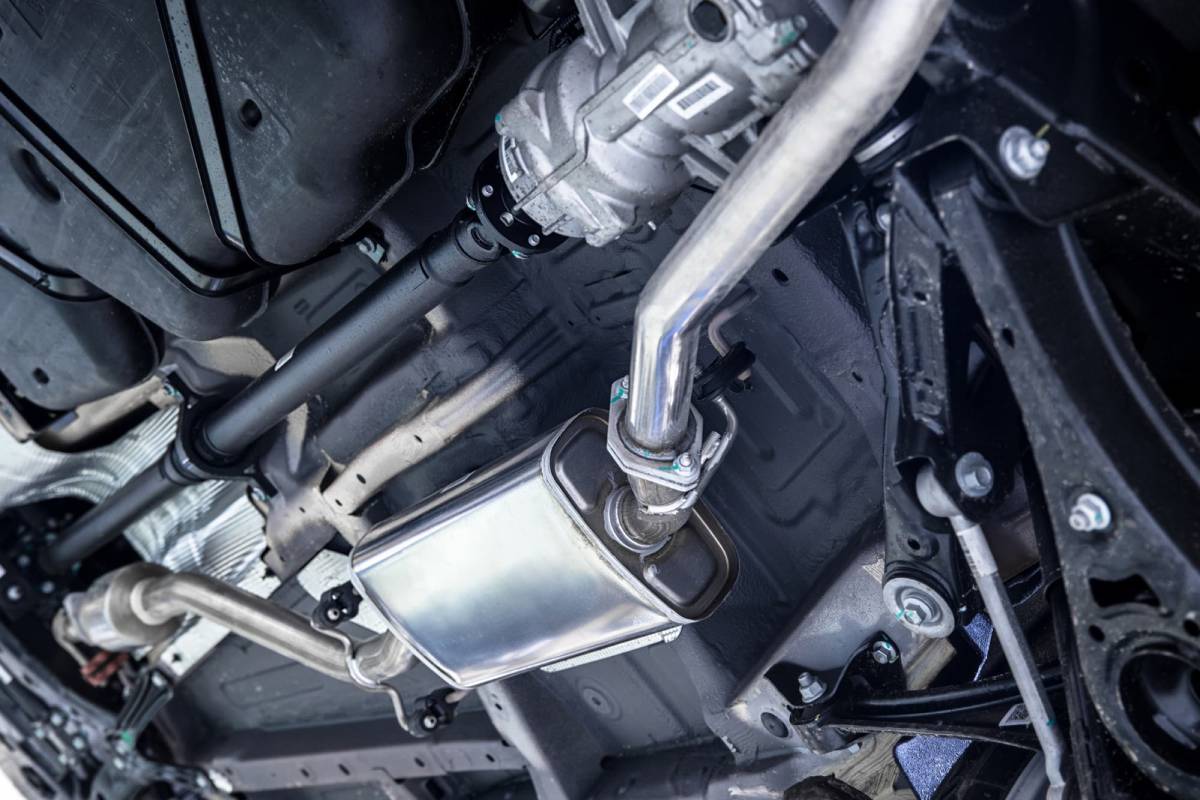
Keeping the exhaust system in good condition ensures that your high-mileage car runs efficiently and meets emissions standards. By addressing exhaust system problems promptly, you can maintain the performance and environmental friendliness of your vehicle.
10. Perform Regular Tune-Ups
Regular tune-ups are essential for maintaining the performance and efficiency of your high-mileage car. A tune-up typically includes replacing spark plugs, ignition coils, and other ignition components, as well as checking the fuel system and other critical components.
For high-mileage vehicles, it’s important to perform tune-ups more frequently to address any wear and tear that may affect performance. Regular tune-ups help improve fuel efficiency, reduce emissions, and ensure that your engine runs smoothly.
During a tune-up, a professional mechanic will also check for any signs of potential issues and address them before they become major problems. By staying on top of tune-ups, you can keep your high-mileage car in peak condition and enjoy many more miles of trouble-free driving.

